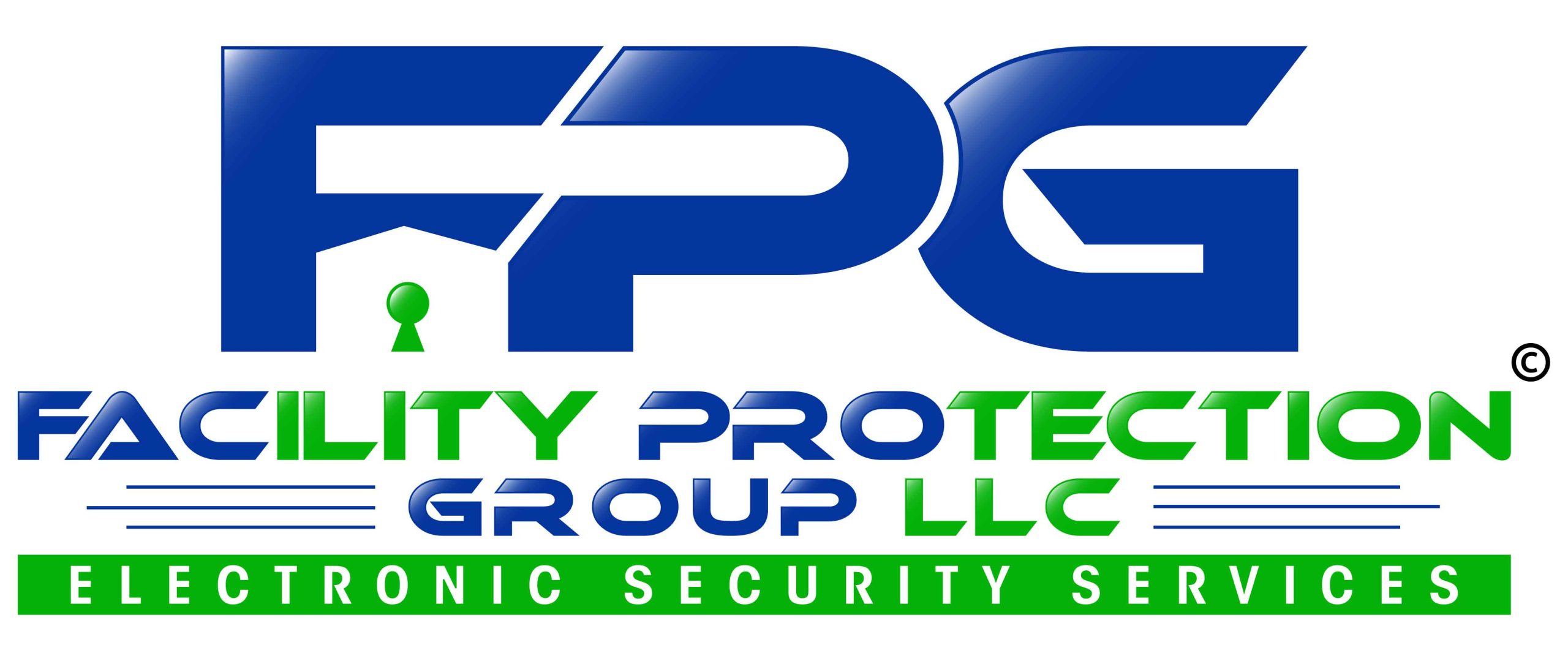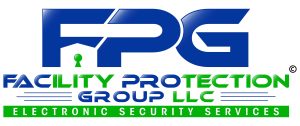
Introduction to Access Control Systems
Access control systems provide a secure and convenient means of managing entry to buildings, rooms, and specific areas within a facility. These systems utilize various methods, such as keyless entry, card access, biometrics, and mobile credentials, to authenticate individuals and grant or deny access based on predefined permissions. Unlike traditional keys, access control systems offer greater flexibility, scalability, and ease of management.
Keyless Entry and Card Access
Keyless entry and card access are two common methods used in access control systems. Keyless entry eliminates the need for physical keys, allowing individuals to gain entry using a unique access code or a keycard. Card access systems utilize proximity cards or smart cards that can be easily swiped or tapped on a card reader to unlock doors. These methods provide a convenient and secure alternative to traditional keys.
Biometrics and Mobile Credentials
Biometric access control systems use unique physiological or behavioral characteristics, such as fingerprints, iris patterns, or facial recognition, to verify an individual’s identity. These systems offer a high level of security and are increasingly being adopted in various industries. Mobile credentials, on the other hand, leverage smartphones or wearable devices as access tokens, eliminating the need for physical cards or keys.
Advantages of Access Control Systems
Implementing an access control system offers numerous benefits that go beyond traditional security measures. Let’s explore the key advantages that these systems provide:
Enhanced Building Security
One of the primary benefits of access control systems is their ability to enhance building security. By restricting access only to authorized individuals, these systems effectively deter unauthorized entry, preventing theft, vandalism, and other security breaches. Access control systems also provide a comprehensive audit trail, allowing businesses to track and monitor who enters specific areas and when.
Improved Operational Efficiency
Access control systems streamline the process of managing building access, resulting in improved operational efficiency. With traditional lock and key methods, businesses often face challenges such as lost or misplaced keys, the need for rekeying, and the inconvenience of distributing keys to employees. Access control eliminates these issues by providing a centralized system that can be easily managed and updated.
Flexible Access Management
Access control systems offer unparalleled flexibility in managing access permissions. Administrators can easily grant or revoke access rights based on individual roles, departments, or specific time periods. For example, temporary employees can be given restricted access during their employment, and access to sensitive areas can be limited to authorized personnel. This level of control ensures that only the right people have access to the right areas at any given time.
Increased Accountability
Access control systems create a digital record of every entry and exit, providing a valuable tool for accountability. In the event of an incident or security breach, administrators can quickly identify who was present at the time and take appropriate action. This data can also be used for compliance purposes, ensuring that businesses adhere to industry regulations and standards.
Integration with Other Systems
Access control systems can be seamlessly integrated with other security and building management systems, further enhancing their functionality. Integration with video surveillance systems allows for real-time monitoring and recording of access events, providing visual evidence in case of an incident. Integration with alarm systems enables immediate response to unauthorized access attempts, ensuring a swift and effective security response.
Cost Savings and Scalability
While access control systems require an initial investment, they can deliver substantial cost savings in the long run. Eliminating the need for physical keys reduces expenses associated with rekeying and replacing lost keys. Additionally, access control systems can easily scale to accommodate changes in organizational size or structure, making them a cost-effective solution for businesses of all sizes.
Industry-specific Applications of Access Control Systems
Access control systems find applications across a wide range of industries, each with its specific security requirements. Let’s explore some of the industry-specific use cases for these systems:
Healthcare Facilities
In healthcare settings, access control systems are essential for protecting patient privacy and securing sensitive areas such as laboratories, pharmacies, and medical record storage rooms. These systems ensure that only authorized healthcare professionals have access to critical areas, minimizing the risk of unauthorized access to patient information and medical supplies.
Educational Institutions
Access control systems play a vital role in ensuring the safety and security of students, staff, and facilities in educational institutions. By implementing these systems, schools and universities can control access to classrooms, dormitories, administrative offices, and other sensitive areas. Access control also allows for efficient management of visitor access during school hours.
Commercial Buildings
Office complexes, corporate headquarters, and commercial buildings benefit greatly from access control systems. These systems provide an added layer of security for employees, restrict access to sensitive areas such as data centers or executive offices, and enable efficient visitor management. Integration with time and attendance systems can also facilitate accurate recordkeeping and payroll management.
Manufacturing Facilities
Manufacturing facilities often house valuable assets, sensitive equipment, and hazardous materials. Access control systems help ensure that only authorized personnel with the necessary training and credentials can access restricted areas. By preventing unauthorized entry, these systems enhance workplace safety and protect valuable resources.
Government and Public Sector
Government buildings, public institutions, and municipal facilities require robust security measures to protect sensitive information and maintain public safety. Access control systems provide secure access to restricted areas such as control rooms, data centers, and government offices. Integration with visitor management systems enables efficient screening and tracking of visitors.
Selecting and Implementing an Access Control System
Choosing and implementing an access control system requires careful consideration of various factors. Here are some key steps to guide you through the process:
Assess Security Needs
Begin by assessing your organization’s specific security needs. Identify areas that require restricted access, determine the level of security required for each area, and consider any industry regulations or compliance requirements that must be met.
Evaluate System Features
Research different access control systems and evaluate their features and capabilities. Look for systems that offer the desired authentication methods, scalability, integration options, and ease of use. Consider consulting with security professionals or system integrators to ensure you select the right system for your needs.
Plan System Layout
Develop a comprehensive plan for the layout of your access control system. Determine the number and location of access points, the types of credentials to be used, and any additional features required, such as video surveillance integration or visitor management.
Installation and Integration
Engage qualified professionals to install and integrate the access control system. Ensure that the system meets all necessary technical specifications, and conduct thorough testing to verify its functionality and compatibility with existing security infrastructure.
Training and Maintenance
Provide training to administrators and end-users on the proper use and management of the access control system. Establish regular maintenance procedures to ensure the system remains secure and operational. Conduct periodic reviews and audits to identify any vulnerabilities or areas for improvement.
Access control systems offer a multitude of benefits that enhance both security and operational efficiency. By implementing these systems, businesses and organizations can ensure that only authorized individuals have access to their premises, while also streamlining the management of building access. Whether it’s protecting sensitive information, ensuring workplace safety, or complying with industry regulations, access control systems provide a robust solution for modern security needs. With the flexibility to adapt to changing requirements and the ability to integrate with other systems, access control is a vital component of a comprehensive security strategy.
Contact Us (813-570-8669) for a free consultation!
View Past Projects
—
 About Facility Protection Group
About Facility Protection Group
Facility Protection Group is a Florida state certified systems contractor specializing in electronic security services supporting both traditional and cloud based Access Control (Card Access), Video Surveillance / CCTV, Audio / Video Intercoms, and Intrusion Alarm Systems. Founded in 2018 and located in Tampa, Florida; Facility Protection Group has assembled a team that has a tremendous wealth of industry knowledge and experience.

 About Facility Protection Group
About Facility Protection Group